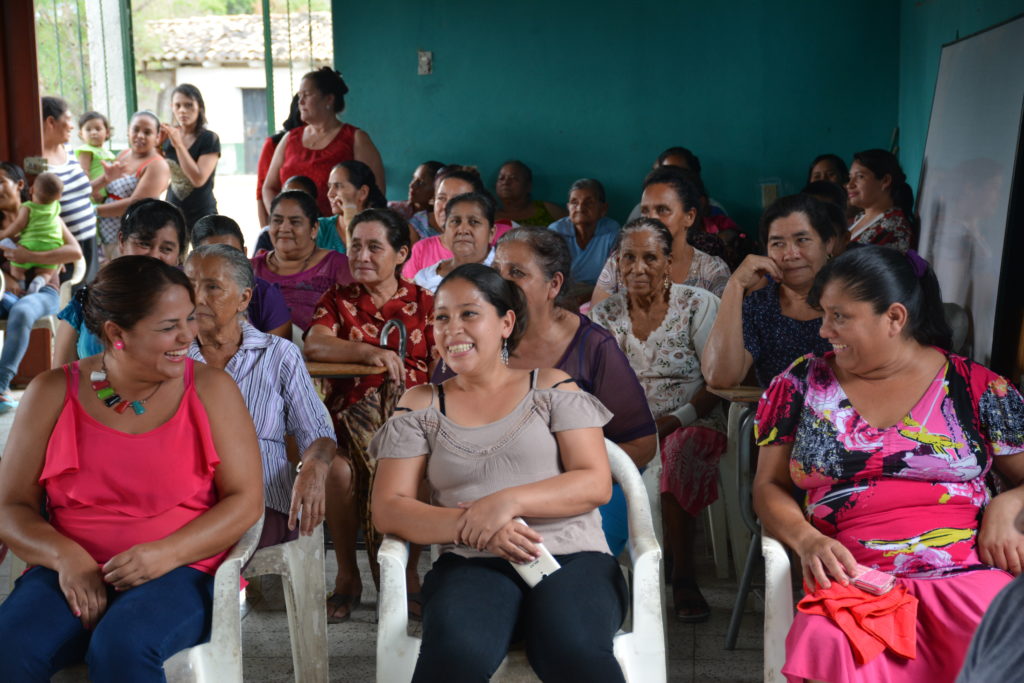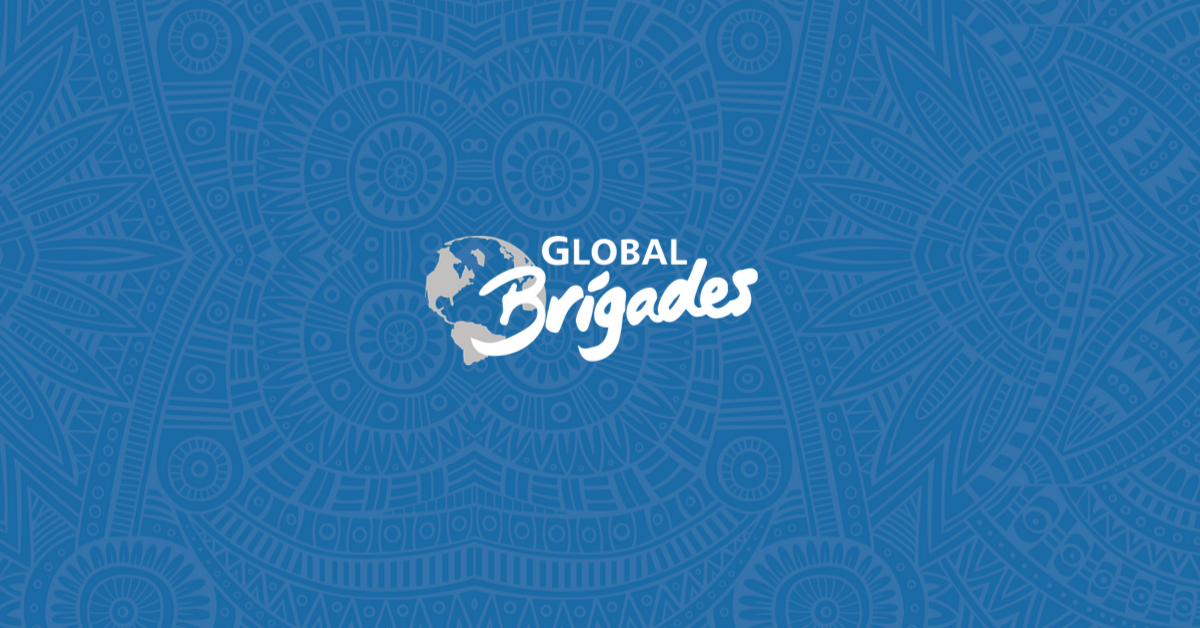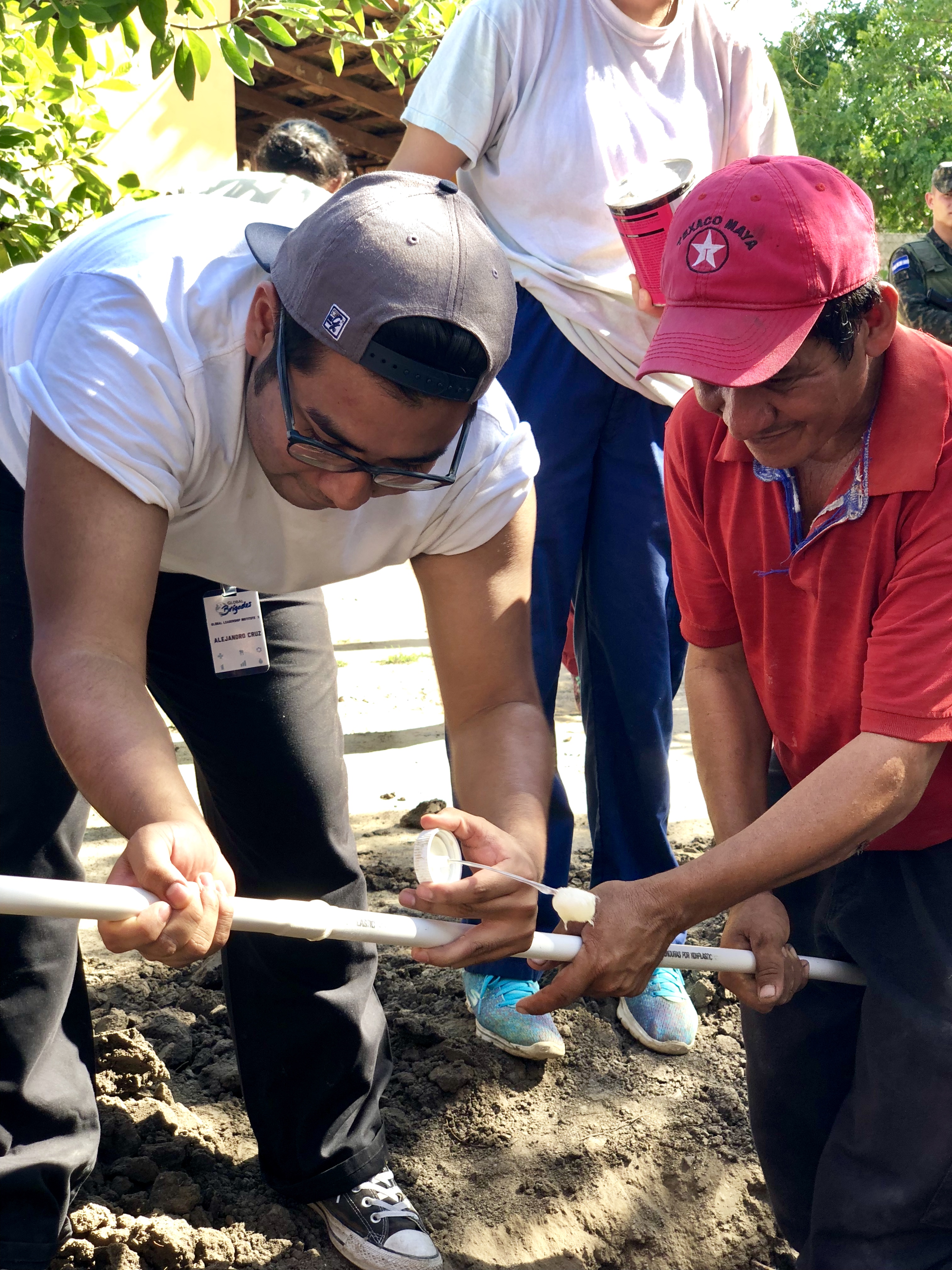By Sabrina Sanchez, Global Brigades Program Associate and Legal Empowerment Champion in Honduras
Women have been mobilizing for lasting economic, political, and legal rights. Women have been the peacebuilders in conflict-affected environments. Women have been negotiating humanitarian access on the frontlines. Without a doubt, women have been, and will continue advocating tirelessly around the world for a better, and more respected life.
There are numerous local and global conferences that highlight the impact and work of women as leaders. For example, the inaugural World Conference on Women in 1975 the 31st anniversary of the adoption of UN Security Council, the annual Women, Peace and Security Council, a Regional Conference on Legal Empowerment for Women and Disadvantaged Groups which was held in Manila in December 2007 and the 2018 Law, Justice and Development week during October which was specifically dedicated to and for women.
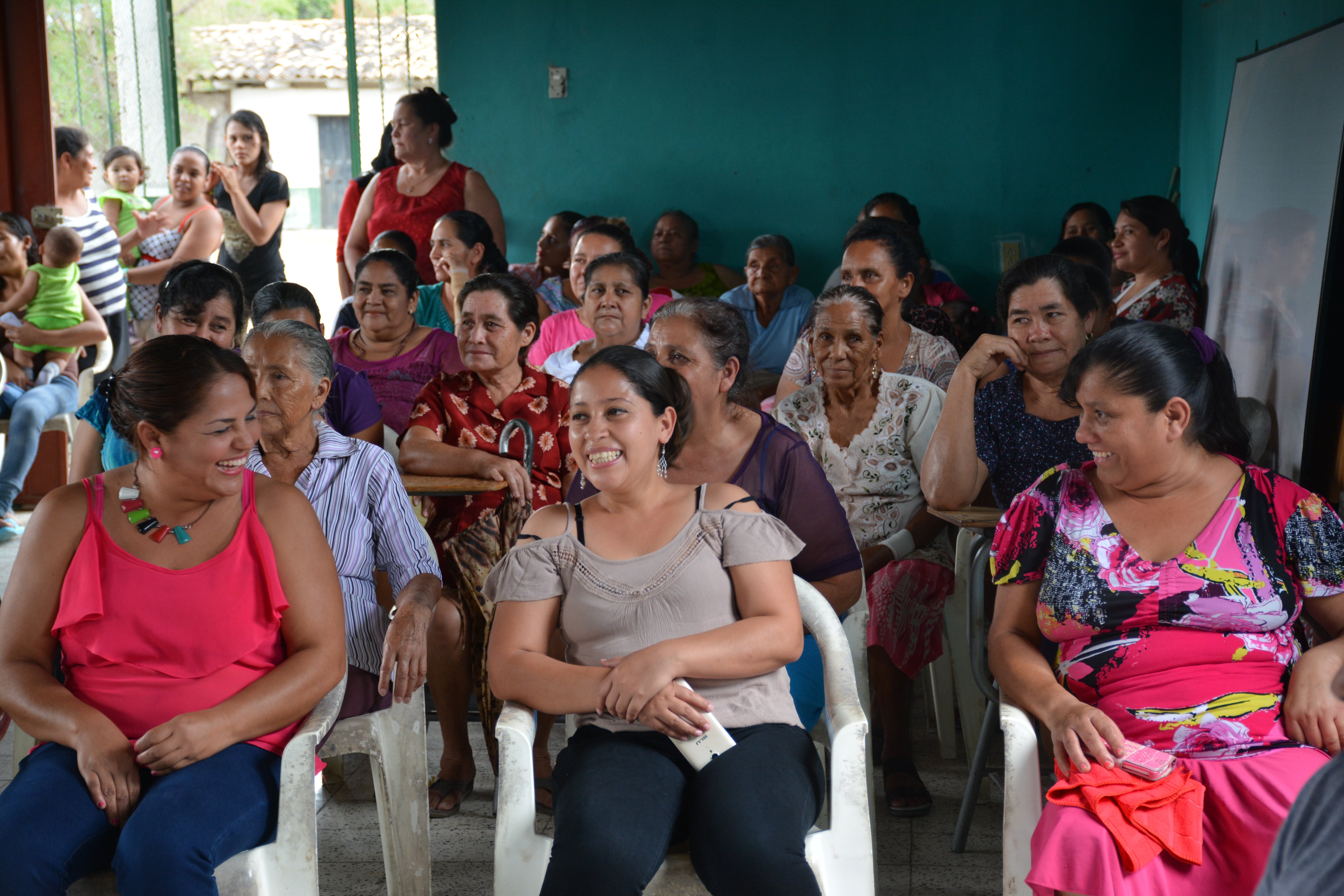
The advancements in conducting innovative research have also contributed to the growing need to reassess the relationships between women and security.
Albeit these progressive and sophisticated approaches include women in public and private spheres, there are still significant gaps both in policy development and the legal empowerment field.
Focusing on legal empowerment improves both access to and quality of justice for women. A recent report study by the International Development Law Organization, confirms the critical role effective justice intervention strategies can play in confronting and dismantling “oppressive gender relations that are justified under the name of culture”.
“Legal empowerment approaches share one core concept: using the law to enable disadvantaged groups to access justice and realize basic rights.”
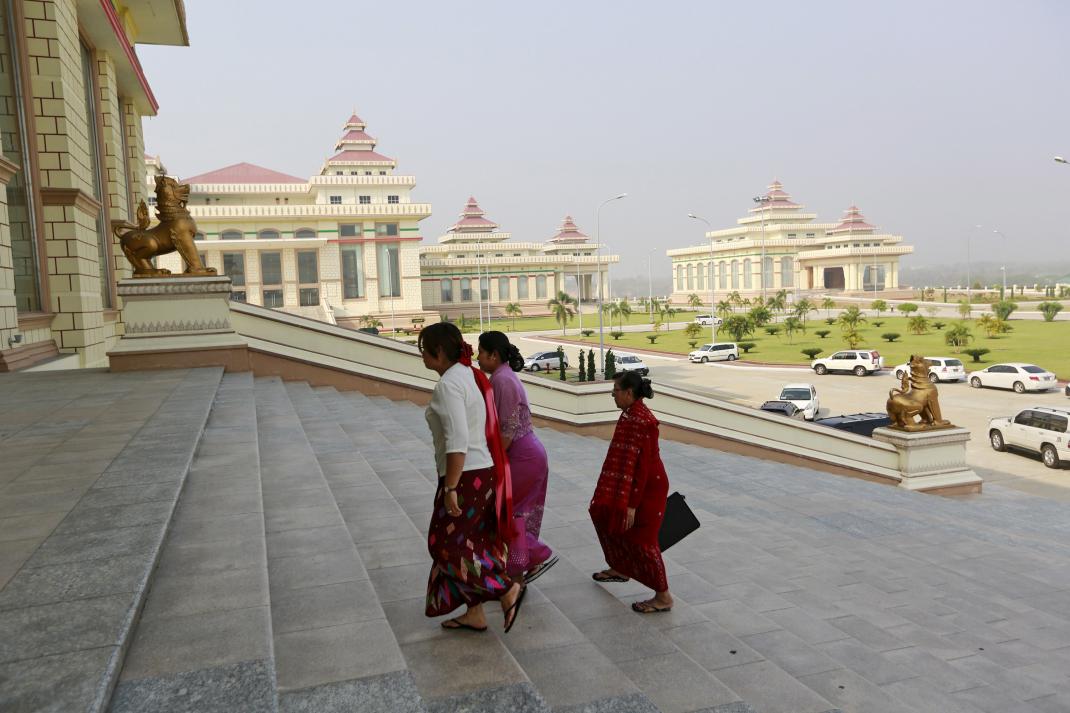
Some effective and diverse legal empowerment interventions include legal education, legal aid service, dispute resolution, paralegal and legal literacy training, mediation, rights awareness workshops, and community organizing, to name a few).
Justice reform interventions are also most effective when particular attention is on the socio-legal context with a deliberate focus on marginalized and misrepresented populations.
“A gendered perspective and a rights-based approach are key elements for a more effective regional and global agenda.”
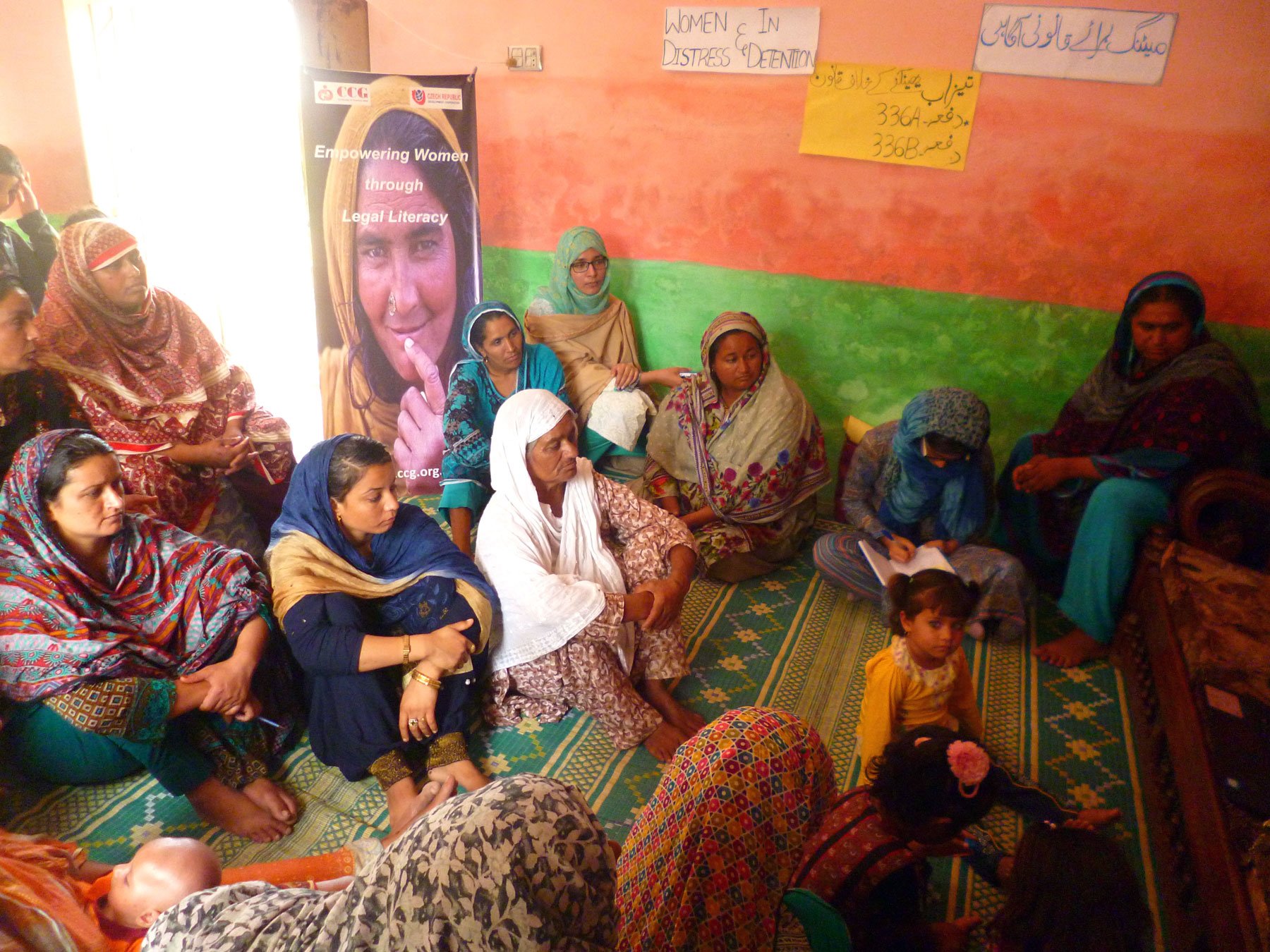
Though concerted legal empowerment efforts are tremendous, they’re performed in an unsystematic manner and with relatively little coordination. However, it is worth celebrating and honoring the progress made thus far, both at the grassroots and at the institutional level.
In 2018, Global Brigades piloted the Legal Empowerment program, formerly called Human Rights, which mission in Honduras is to increases access to justice. We provided more than 100 free legal consultations, conducted 9 family case visits and had over 300 community members receive educational workshops in the topics of anti-violence and anti-bullying.
These efforts partially reflect the global movement towards achieving gender parity, and is safe to say we will only witness more success in the days ahead.

